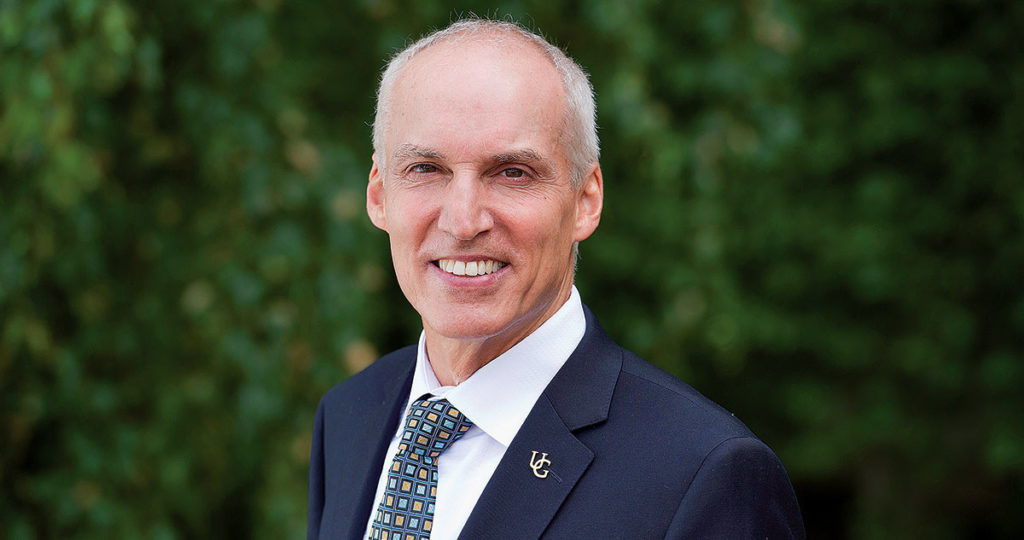It’s among the most pressing challenges of our time. How to ensure environmental sustainability and mitigate our human impact on this planet?
Environmental sustainability is in this institution’s DNA. From our founding colleges to today’s campuses, wise resource stewardship has been a constant in our research and teaching. Experts here study everything from the effects of pesticides on pollinating insects, to use of DNA barcoding to monitor biodiversity worldwide, to sustainable ways to feed this planet’s growing population through our Arrell Food Institute.
“We’re also genetically hard-wired at U of G to work across disciplines, a necessary trait for meeting this global challenge.”
Straddling disciplinary borders is a hallmark of our ever-growing Bioproducts Discovery and Development Centre, where plant scientists and engineers collaborate to create new, green alternatives to fossil fuel-based products, especially plastics. Across campus, food scientists are designing greener food packaging. You can read more about these and other U of G plastic mitigation projects in this issue of the Portico.
Beyond environmental issues alone, sustainability extends to other essential aspects of our lives, including food and water, health, community, culture and learning. They’re all elements that sustain us and our way of life, today and tomorrow.
And those elements also cut across disciplines here at the University, including the College of Business and Economics, whose theme is developing and inspiring leaders for a sustainable world. Under that mantra, we aim to encourage business grads to use their education as a tool to improve life for people and the planet.
Take Matt Wittek, who finished his commerce degree here in 2003. He now runs Cupanion, a company whose reusable products are intended to help rid the world of plastic waste.
Or consider Dave Hallman, who completed studies across campus in agricultural engineering in 1992. His company, EarthBin Products, makes in-ground waste containers made of durable, recyclable plastic that are intended to help improve waste management. In a nice example of closing the loop, the company has installed 12 of the bins around Hallman’s alma mater.
Through graduating leaders of tomorrow and through leveraging our strengths in research, education and operations, U of G can build a more sustainable campus and help point the way to a more sustainable future, here and around the world.
Franco Vaccarino
President and Vice-Chancellor
